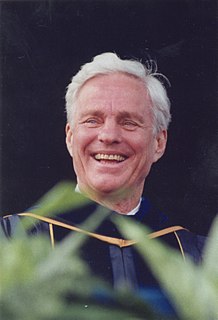 W
WRichard Chatham Atkinson is an American professor of psychology and cognitive science and an academic administrator. He is president emeritus of the University of California system, former chancellor of the University of California, San Diego, and former director of the National Science Foundation.
 W
WAlan David Baddeley, is a British psychologist. He is known for his research on memory and for developing the three-component model of working memory. He is a professor of psychology at the University of York.
 W
WGuy Beiner is an Israeli historian of the late-modern period. He is a full professor at Ben-Gurion University of the Negev in Beer Sheva, Israel.
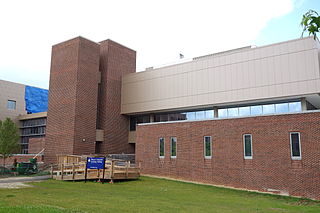 W
WWeston Ashmore Bousfield was an American experimental psychologist and professor at the University of Connecticut (UConn) from 1939 to 1971. His research focused on the study of organization in memory, category clustering, and free recall.
 W
WRachel Sarah Herz is a Canadian and American psychologist and cognitive neuroscientist, recognized for her research on the psychology of smell.
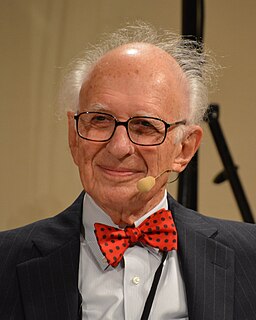 W
WEric Richard Kandel is an Austrian-American medical doctor who specialized in psychiatry, a neuroscientist and a professor of biochemistry and biophysics at the College of Physicians and Surgeons at Columbia University. He was a recipient of the 2000 Nobel Prize in Physiology or Medicine for his research on the physiological basis of memory storage in neurons. He shared the prize with Arvid Carlsson and Paul Greengard.
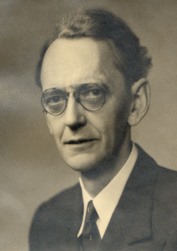 W
WKarl Spencer Lashley was a psychologist and behaviorist remembered for his contributions to the study of learning and memory. A Review of General Psychology survey, published in 2002, ranked Lashley as the 61st most cited psychologist of the 20th century.
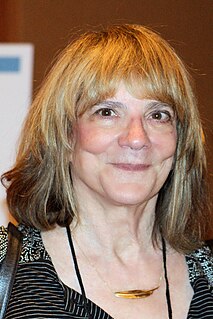 W
WElizabeth F. Loftus is an American cognitive psychologist and expert on human memory. She has conducted research on the malleability of human memory. Loftus is best known for her work on the misinformation effect and eyewitness memory, and the creation and nature of false memories, including recovered memories of childhood sexual abuse. As well as her work inside the laboratory, Loftus has been involved in applying her research to legal settings; she has consulted or provided expert witness testimony for hundreds of cases. In 2002, Loftus was ranked 58th in the Review of General Psychology's list of the 100 most influential psychological researchers of the 20th century, and was the highest ranked woman on the list.
 W
WGeoffrey Loftus is a Professor of Psychology at the University of Washington. He specializes in memory and attention, and his most recent research focuses on face perception and hindsight bias. Loftus received a B.A. in experimental psychology from Brown University in 1967 and a Ph.D. in experimental psychology from Stanford University in 1971, where his advisor was Richard C. Atkinson. He subsequently completed a postdoctoral fellowship under the mentorship of George Sperling in 1972, and he joined the faculty of the University of Washington shortly thereafter, where he has remained since. He taught at the Massachusetts Institute of Technology during the 1995-1996 academic year. Geoff Loftus was married to fellow psychologist Elizabeth Loftus from 1968 to 1991. They are now divorced, but remain close colleagues. Geoff Loftus retired from full-time professorship in July, 2017, primarily to focus on his legal work. He still regularly testifies as an expert witness.
 W
WAlexander Romanovich Luria was a Russian Imperial and Soviet Russian neuropsychologist, often credited as a father of modern neuropsychological assessment. He developed an extensive and original battery of neuropsychological tests during his clinical work with brain-injured victims of World War II, which are still used in various forms. He made an in-depth analysis of the functioning of various brain regions and integrative processes of the brain in general. Luria's magnum opus, Higher Cortical Functions in Man (1962), is a much-used psychological textbook which has been translated into many languages and which he supplemented with The Working Brain in 1973.
 W
WJames L. McGaugh is an American neurobiologist and author working in the field of learning and memory. He is a Distinguished Professor Emeritus in the Department of Neurobiology and Behavior at the University of California, Irvine and a fellow and founding director of the Center for the Neurobiology of Learning and Memory.
 W
WEarl Keith Miller is a cognitive neuroscientist whose research focuses on neural mechanisms of cognitive, or executive, control. Earl Miller is the Picower Professor of Neuroscience with the Picower Institute for Learning and Memory and the Department of Brain and Cognitive Sciences at Massachusetts Institute of Technology. He is the Chief Scientist and co-founder of SplitSage. and a co-founder of Neuradia Pharmaceuticals.
 W
WGeorge Armitage Miller was an American psychologist who was one of the founders of cognitive psychology, and more broadly, of cognitive science. He also contributed to the birth of psycholinguistics. Miller wrote several books and directed the development of WordNet, an online word-linkage database usable by computer programs. He authored the paper, "The Magical Number Seven, Plus or Minus Two," in which he observed that many different experimental findings considered together reveal the presence of an average limit of seven for human short-term memory capacity. This paper is frequently cited by psychologists and in the wider culture. Miller won numerous awards, including the National Medal of Science.
 W
WLarry Ryan Squire is a professor of psychiatry, neurosciences, and psychology at the University of California, San Diego, and a Senior Research Career Scientist at the Veterans Affairs Medical Center, San Diego. He is a leading investigator of the neurological bases of memory, which he studies using animal models and human patients with memory impairment.
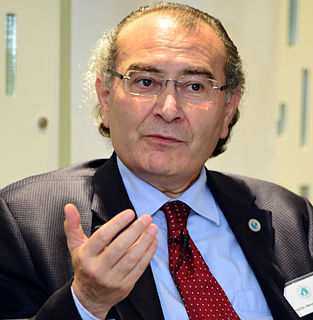 W
WKaşif Nevzat Tarhan is a Turkish medical scientist, psychiatrist and neuropsychology expert.
 W
WLeslie G. Ungerleider (1946–2020) was an experimental psychologist and neuroscientist, previously Chief of the Laboratory of Brain and Cognition at the National Institute of Mental Health. Ungerleider was known for introducing the concepts of the dorsal (where) and ventral (what) streams, two pathways of information processing in the brain that specialize in visuospatial processing and object recognition, respectively.
 W
WQi Wang is a Chinese-born American psychologist and Professor and Chair of Human Development at Cornell University. She is best known for her study of memory and culture. Wang is a Fellow of the Association for Psychological Science and the Psychonomic Society. She is also a member of the American Psychological Association, the Society for Research in Child Development, the Cognitive Development Society, the International Society for the Study of Behavioral Development, and the Society for Applied Research in Memory and Cognition. She serves on many editorial boards and is currently Associate Editor for Memory and Culture and Brain. She is the director of the Culture & Social Cognition Lab.
 W
WGary L. Wells is an American psychologist and an internationally recognized pioneer and scholar in eyewitness memory research. Wells is a professor at Iowa State University with a research interest in the integration of both cognitive psychology and social psychology and its interface with law. He has extensive research on lineup procedures and the reliability and accuracy of eyewitness identification, and has been widely acknowledged in both the field of psychology and the criminal justice system. Wells has received many awards and honorary degrees and been widely recognized for his work and contributions to psychology and the implications his research has made to the legal system.